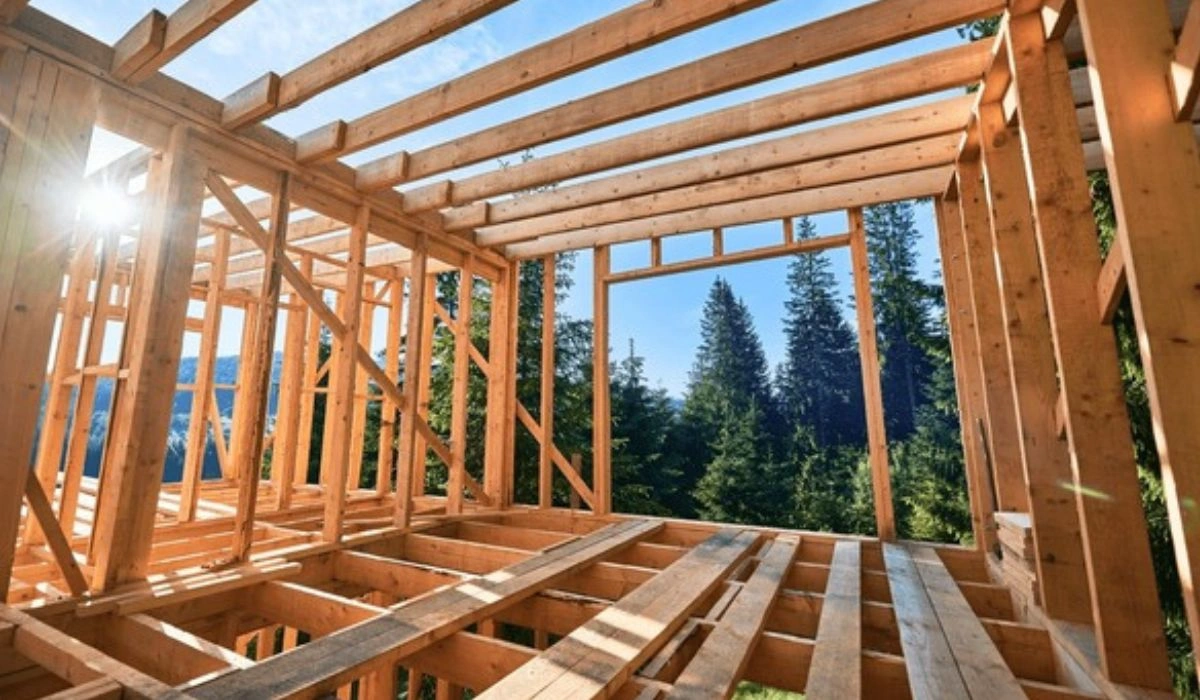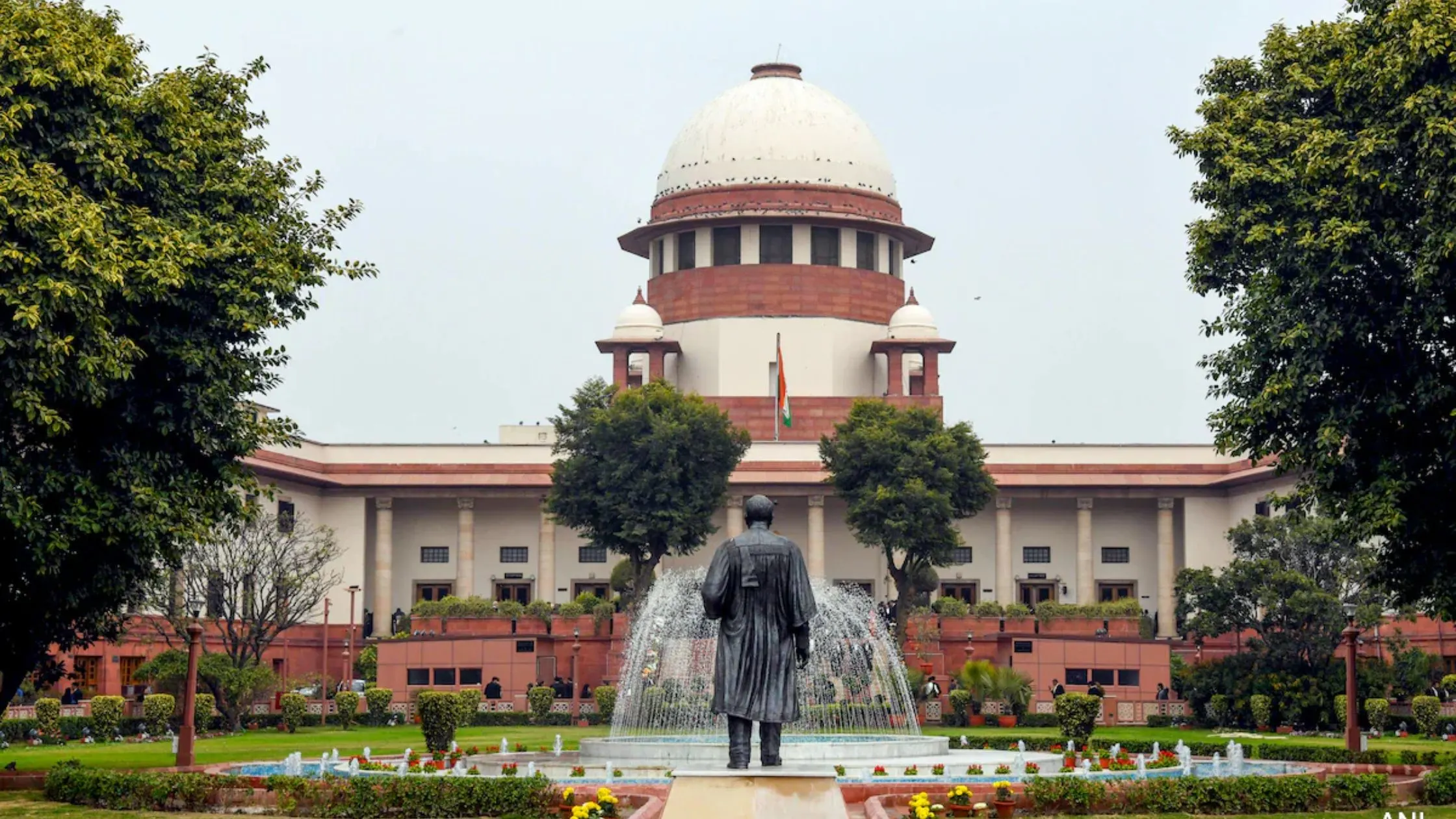Table of Content
▲- 1. Introduction: Why Buying Under-Construction Properties Needs Caution
- 2. Builder’s Reputation and Past Projects
- 3. RERA Registration and Compliance
- 4. Project Location and Surrounding Infrastructure
- 5. Title and Land Ownership Verification
- 6. Project Approvals and Permissions
- 7. Construction Quality and Materials Used
- 8. Builder-Buyer Agreement
- 9. Project Delivery Timeline and Penalty Clause
- 10. Payment Structure and Financing Options
- 11. Amenities and Facilities Promised
- 12. Carpet Area and Usable Space
- 13. Home Loan Availability and Bank Approvals
- 14. Maintenance Costs and Hidden Charges
- 15. Legal and Documentation Checklist
Table of Contents
- Introduction: Why Buying Under-Construction Properties Needs Caution
- Builder’s Reputation and Past Projects
- RERA Registration and Compliance
- Project Location and Surrounding Infrastructure
- Title and Land Ownership Verification
- Project Approvals and Permissions
- Construction Quality and Materials Used
- Builder-Buyer Agreement
- Project Delivery Timeline and Penalty Clause
- Payment Structure and Financing Options
- Amenities and Facilities Promised
- Carpet Area and Usable Space
- Home Loan Availability and Bank Approvals
- Maintenance Costs and Hidden Charges
- Legal and Documentation Checklist
- Resale Value and Market Trends
- FAQs
- Conclusion: Making a Safe and Informed Purchase Decision
1. Introduction: Why Buying Under-Construction Properties Needs Caution
Investing in an under-construction property in India comes with its own set of risks and rewards. While under-construction properties can offer better prices, ensuring they meet legal, financial, and structural standards is critical for a secure investment.
2. Builder’s Reputation and Past Projects
Checking the builder’s reputation gives insights into their past track record, reliability, and financial stability. Investigate previous projects to understand if they were delivered on time and if buyers were satisfied.
|
Parameter |
Details to Check |
|
Project Timeline |
Completion time for previous projects |
|
Quality Standards |
Reviews of previous projects |
|
Financial Stability |
Market standing of the builder |
|
Legal Issues |
Ongoing legal disputes (if any) |
3. RERA Registration and Compliance
Ensure the project is registered with RERA (Real Estate Regulatory Authority). RERA registration assures that the project complies with regulatory standards and that there’s transparency in the dealings.
- RERA ID: Obtain the project’s RERA ID and verify details on your state’s RERA website.
- Project Information: Check timeline, approvals, amenities, and complaint history.
4. Project Location and Surrounding Infrastructure
Location is crucial when buying a property. Verify accessibility, infrastructure development, and future growth potential of the area.
|
Key Factor |
Description |
|
Proximity to Schools |
Distance to schools and educational centers |
|
Transport Access |
Nearest metro, highway, or railway station |
|
Local Amenities |
Shops, hospitals, and recreational facilities |
|
Future Development |
Government or private projects nearby |
5. Title and Land Ownership Verification
Land ownership verification confirms the legal title and that the builder has rights to develop the property. Ensure the following documents are verified by a legal expert:
- Title Deed: Proves the builder’s right to the property.
- Encumbrance Certificate: Ensures the land is free from financial or legal liabilities.
- Conversion Certificate (if applicable): For agricultural to residential land conversion.
Also Read: Property Valuation in India - The Ultimate Guide
6. Project Approvals and Permissions
Every project needs specific government approvals for legality and safety. Check for:
- Building Plan Approval
- Environmental Clearance
- Fire Safety Approval
- NOC from Local Authorities
This ensures the project adheres to urban planning and environmental regulations.
7. Construction Quality and Materials Used
Good construction quality affects the building’s longevity and resale value. Inspect the site, if possible, or ask for quality certifications, especially for the materials used for structural components.
|
Component |
Quality Indicators |
|
Foundation |
Quality of cement and steel |
|
Walls |
Brick or concrete quality |
|
Plumbing Fixtures |
Standard of pipes, faucets, and drainage |
|
Electrical Wiring |
Grade of wires, switches, and fittings |
8. Builder-Buyer Agreement
The builder-buyer agreement is legally binding. It should cover every detail of the project, payment structure, and handover process. Ensure clauses like the following are clearly stated:
- Project Details and Timeline
- Payment Schedule
- Penalty for Delays
- Refund Policy
9. Project Delivery Timeline and Penalty Clause
Delays in project completion can lead to financial stress. Check for penalty clauses that hold the builder accountable for late possession, ensuring you receive compensation for every month of delay.
10. Payment Structure and Financing Options
Review the payment schedule and make sure it aligns with the project’s construction phase. Many builders offer financing options and tie-ups with banks to help manage costs.
|
Stage |
Percentage of Payment |
|
Booking |
Typically 10-15% |
|
Foundation Level |
Additional 10-20% |
|
Completion of Floors |
Percentage based on phase completion |
|
Final Payment |
During possession |
Also Read: Property Rights of Women in India: Breaking Down the Hindu Succession Act
11. Amenities and Facilities Promised
Promised amenities should be verified and part of the agreement. Check for details like:
- Clubhouse, Gym, and Pool
- Parking Space
- Power Backup
- Security Features
12. Carpet Area and Usable Space
Understand the difference between carpet area, built-up area, and super built-up area. The carpet area is the usable area within the walls of your apartment and is generally the most relevant to buyers.
|
Term |
Meaning |
|
Carpet Area |
Usable area within the walls |
|
Built-Up Area |
Carpet area + walls and balcony space |
|
Super Built-Up Area |
Built-up area + common areas (lobby, stairs, etc.) |
13. Home Loan Availability and Bank Approvals
Projects pre-approved by major banks undergo due diligence, which increases your chances of securing a home loan. Check if the project has tie-ups with reputed banks and financial institutions.
14. Maintenance Costs and Hidden Charges
Be clear about maintenance fees and other charges, which can increase monthly expenses. Get a breakdown of potential costs like:
- Maintenance Fees
- Parking Charges
- Club Membership Fees
- One-Time Infrastructure Charges
15. Legal and Documentation Checklist
Ensure the following documents are in order before finalizing:
|
Document |
Purpose |
|
Allotment Letter |
Confirms allocation of property |
|
Sale Agreement |
Details terms of sale |
|
Title Deed |
Proof of ownership |
|
Possession Certificate |
Issued after project completion |
16. Resale Value and Market Trends
Analyze the resale potential of the property based on location, builder reputation, and upcoming infrastructure developments in the area. Properties in developing areas with good connectivity generally see better appreciation.
Also Read: A Comprehensive Guide to Property Tax Calculation in Major Indian Cities


_1770964981.webp)




_1770976628.webp)
Ans 1. The carpet area is the usable space inside your apartment, while the super built-up area includes shared spaces like lobbies and hallways.
Ans 2. Look into the builder’s past projects, legal standing, RERA registration, and any history of delays.
Ans 3. RERA mandates penalty payments by the builder for delayed possession, safeguarding buyers.
Ans 4. Yes, if the builder is reputable, the project is RERA-registered, and you perform all due diligence checks.